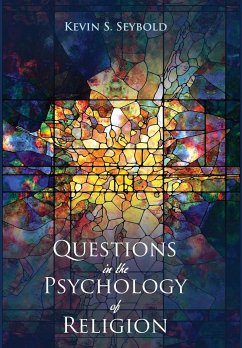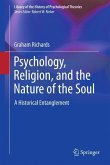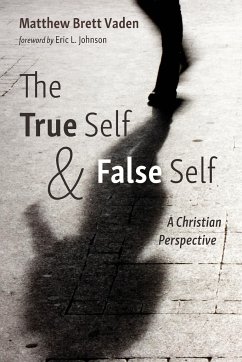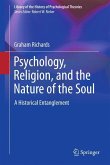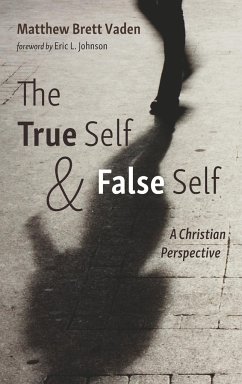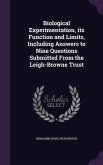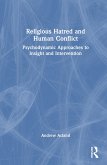What does it means to be human? What is the origin of religious beliefs? Why are we moral creatures? Are religious experiences different from our everyday experiences? Is my brain involved in my experiencing God? What is a soul and do I have one? Is religion a result of evolutionary processes? How might psychology and religion relate? Religious experiences (behaviors, thoughts, and emotions) are determined, at least in part, by natural physical processes. As a result, the empirical methods used in psychology to try to identify the natural mechanisms that influence why we act, think, and feel the way we do can provide important insights into the fundamental and universal phenomena of religion. Drawing on current research from a variety of disciplines, Questions in the Psychology of Religion is appropriate for college students studying psychology, pastors as they help their congregations understand how religion and science might go together, and anyone who learns about recent discoveries in psychological science and wonders how these findings pertain to religion and religious experiences.
Hinweis: Dieser Artikel kann nur an eine deutsche Lieferadresse ausgeliefert werden.
Hinweis: Dieser Artikel kann nur an eine deutsche Lieferadresse ausgeliefert werden.

